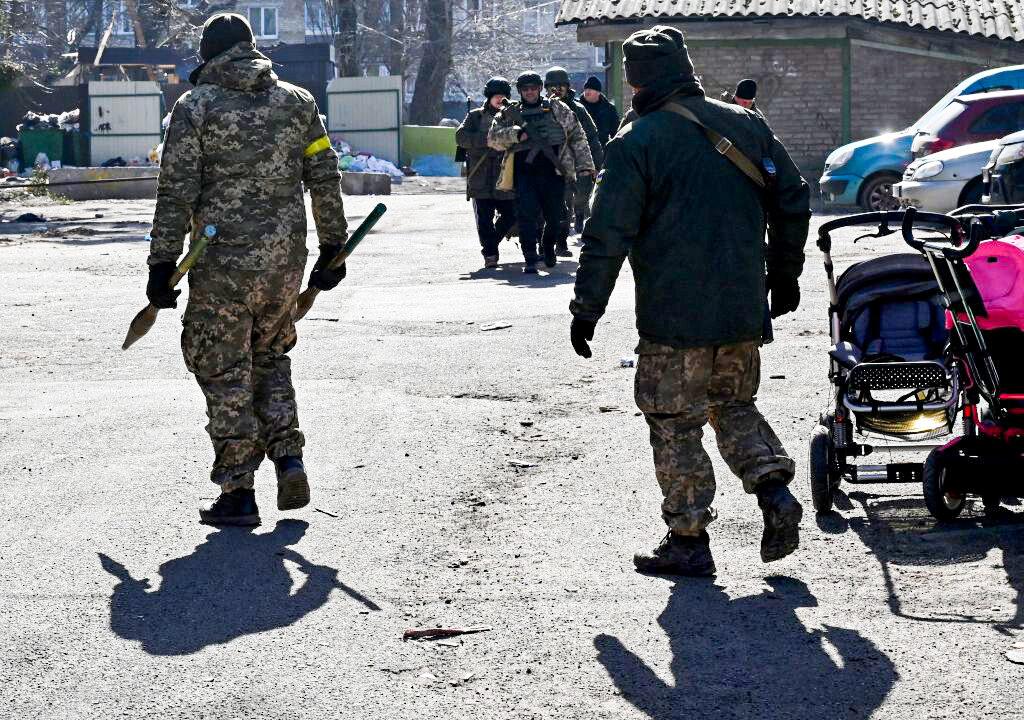The fourth round of negotiations between Ukrainian and Russian delegations on a possible ceasefire has been paused until March 15, an adviser to the Kyiv government has announced.
“A technical pause has been taken in the negotiations until tomorrow,” the adviser, Mykhailo Podolyak, wrote in a March 14 Twitter post. “For additional work in the working subgroups and clarification of individual definitions. Negotiations continue.”





